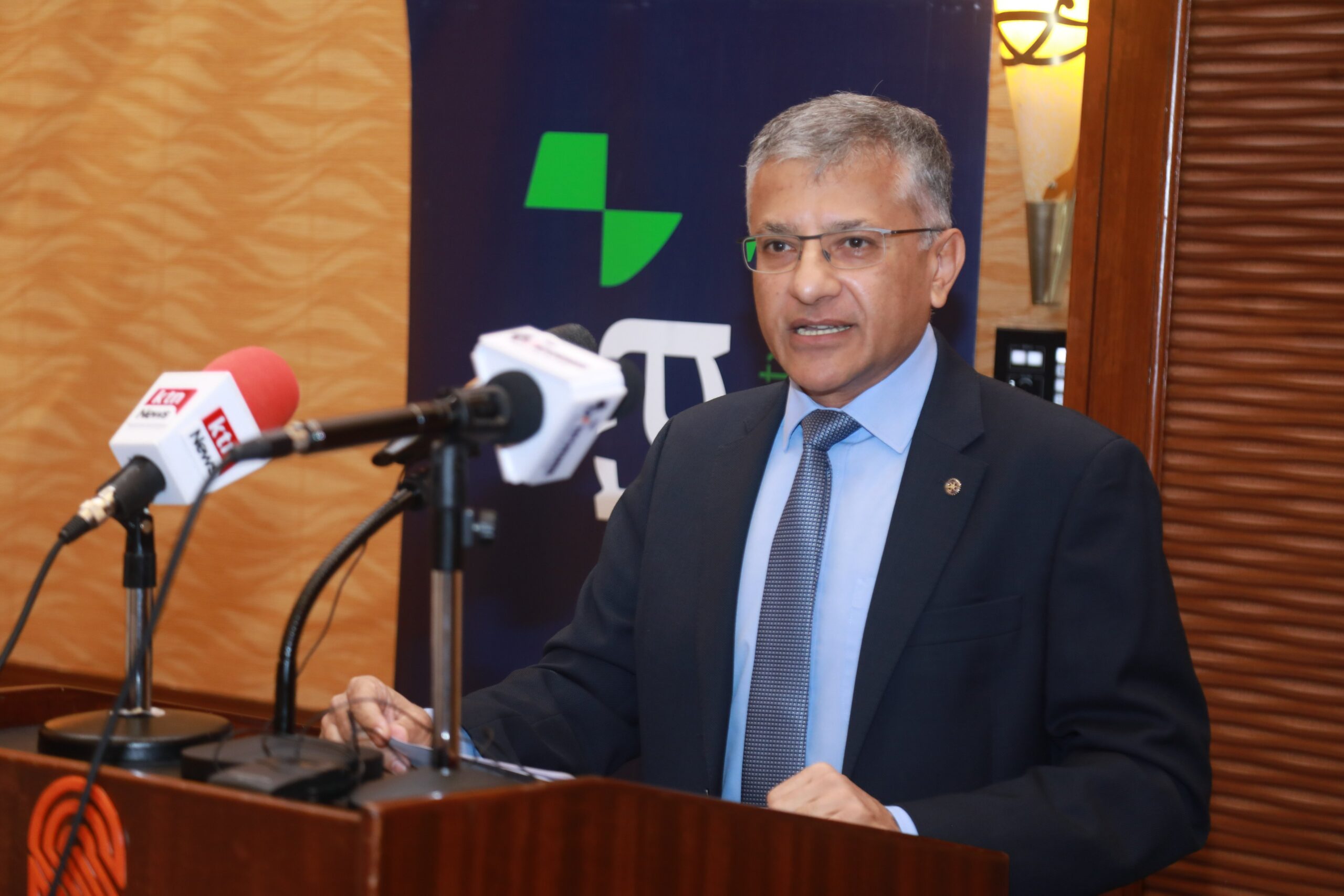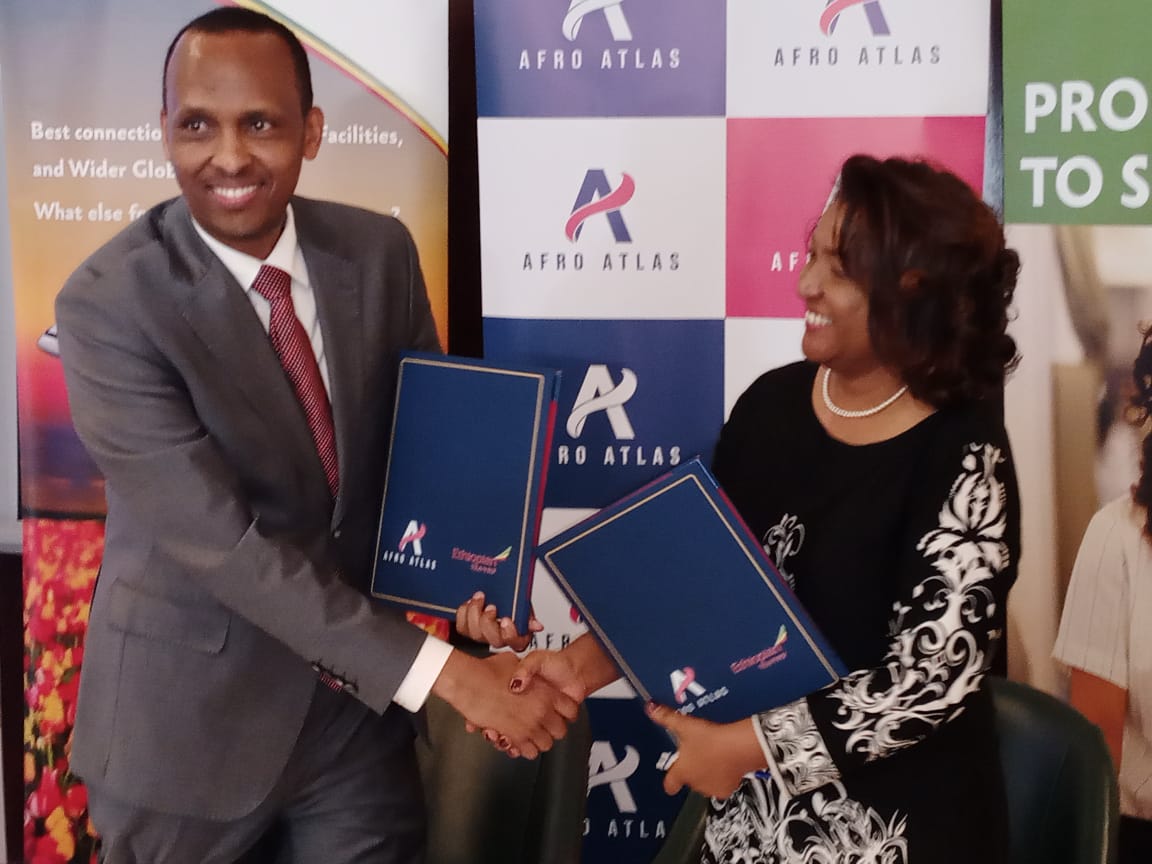Wednesday, October 12th 2022,Feed Manufactures and Livestock Stakeholders Laud Government’s (AKEFEMA) Decision to Lift Ban on GMOs in Kenya.
AKEFEMA says that the livestock sector in Kenya contributes about 15% of the Gross Domestic Product (GDP).
In addition, it employs over 50% of the agricultural labor force. As the current situation deteriorates, more animal feed millers and livestock farmers continue to close businesses.
As a result, three of the Big Four Agenda objectives, namely Food Security, Manufacturing, and Healthcare are at stake. AKEFEMA says that as such, urgent interventions are required, including allowing sourcing of soya bean meal and yellow maize from both GMO and non-GMO sources on a continuous basis.
Secretary General for AKEFEMA Mr Kinoti has stated importantly, that the ban on importation of GMO foods continues to cripple the country’s ability to respond promptly to food and feed crises, despite the availability of overwhelming scientific evidence that GMOs approved by close to 70 govts around the world are safe for human and animal consumption.
The feed forum however states that the country also has ing a fully functional robust policy, legal and institutional framework for governing the use of GMOs
AKEFEMA alongside other stakeholders (including farmer’s cooperatives, breeders, livestock producers and processors among others) issued a statement on the then status of the animal feed sub-sector petitioning the government to rescue the feed sector from eminent collapse due the escalating prices of raw materials used in feed milling.
AKEFEMA however states that it’s Coincident that the cries was heard. The cries of the livestock sector players, H.E the President Emiritus Uhuru Kenyatta, during the Mashujaa Day celebration in Kirinyaga County directed the Cabinet Secretaries for Agriculture and The National Treasury to implement a workable framework that would help reduce the cost animal and poultry feed.
Subsequently, the PS, State Department for Livestock immediately convened a Working Committee that developed the above framework within the timelines given by the H.E. the President.
The Committee recommended short, medium and long-term policy, regulatory, legislative and administrative proposals in order to address the situation.
On 10th December, 2021, the Boss or rather the CS, National Treasury published a Gazette Notice waiving import duty for registered feed milling companies to import raw materials for exclusive use by feed manufacturers.
However, the Gazette notice included a quality requirement that the imported materials had to be 100% non-GMO, since there was a ban on importation and use of GMO materials into Kenya, which had been in place since 2012.
This complicated the ability of the Gazetted millers to source the raw materials in the global market due to unavailability of the 100% non-GMO specification as well as the very high global prices of non-GMO materials and therefore the projected high cost of landing them in Kenya.
Consequently, in February AKEFEMA and its partners petitioned the CS, Agriculture to initiate the requisite process of lifting the ban on GMO products, as one of the key mitigating factors towards the escalating animal feed costs that had led to the closure of many livestock enterprises.
AKEFEMA and livestock stakeholders engaged widely with the local and international experts including The National Biosafety Authority, the Kenya Universities Biotechnology Consortium (KUBICO) and other researchers.
The secretary General Mr Kinoti notes that there are seven countries in Africa that have approved growing and use GMOs including of South Africa currently cultivating 2.7 million hectares of GM crops, Nigeria, Ethiopia, Sudan, Malawi, Eswatini and Ghana. Further afield, Brazil cultivates 53 Million hectares, India -12 Million hectares, CCanada -12 million hectares China – 3.2 million hectares, among 70 countries that have either been growing or importing GMOs for more than 20 years.
Further, The European Union, with it’s highly competitive livestock sector is 70% import-dependent on high-protein crops, most of which are GMOs imported from countries with 90% adoption of soybean and maize.
AKEFEMA has noted with concern that the GMOs have been grown since 1996 so it is no longer a new technology.
By 2019, 17 million farmers from 29 countries grew 191 million hectares of GMO crops and 19 of these countries were developing countries.
Currently the Government has since then made the decision to lift the ban on the importation and use of GMO products in the country.
AKEFEMA has come out profoundly to thank and applaud the current reign for lifting the ban on GMOs indicating that Kenya has lost two decades of scientific progress, and it is evident that the ban constrained bio-innovation, research and entrepreneurship developments in this key frontier of science and knowledge.
Meanwhile, other countries have moved forward as the scientific community is now talking of genome editing whose discoverers won the Nobel Prize in the year 2020.
AKEFEMA now states that it’s , not too late, Kenya has the requisite capacity to catch up, and be the leader and a reference in the region. The SG notes that the country should also impress products of biotechnology because it’s in widespread used in the realm of human and veterinary medicine such as in the management of diabetes, development of vaccines.
The association as however called for unity and support to impress the ban lift on GMOs saying it has stifled the feed industry, and the livestock sector in many ways such as the ban limited the sources of feed raw materials with serious negative consequences, mainly unavailability and high cost, leading to loss of jobs and livelihoods due to closure/scale down of livestock farms, collapse of about 40 milling industries in the last 2 years.
For instance, due to the ban, AKEFEMA says that members could not access soya beans from the open market, such as the countries that grow GMO products such as Brazil, Argentina and USA which is a key source of feed proteins.
The association now affirms that the lifting of the ban on GMOs, Kenya is now able to source key ingredients from outside our southern neighbours, such as Zambia, Tanzania, Malawi and Uganda.
Finally, AKEFEMA briefs that Kenya is a pluralistic democratic society, where ideas and freedom of choice should be allowed to thrive and compete, in all spheres ranging from scientists, practitioners of science, and users to be given unhindered space to develop and adopt all technologies that are products of sound and scientific evidence based decision making.
AKEFEMA now is urging the new reign scientists, learning and research forums, and the media, to intensify sensitization and public education and enlightenment fora, in making informed decisions.
















